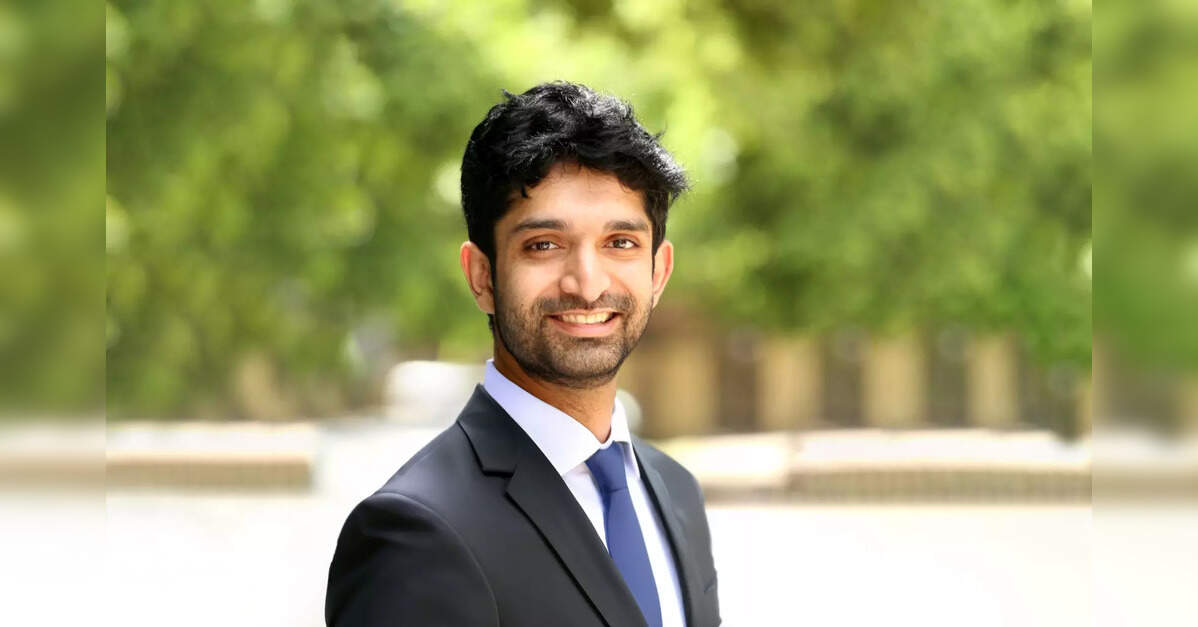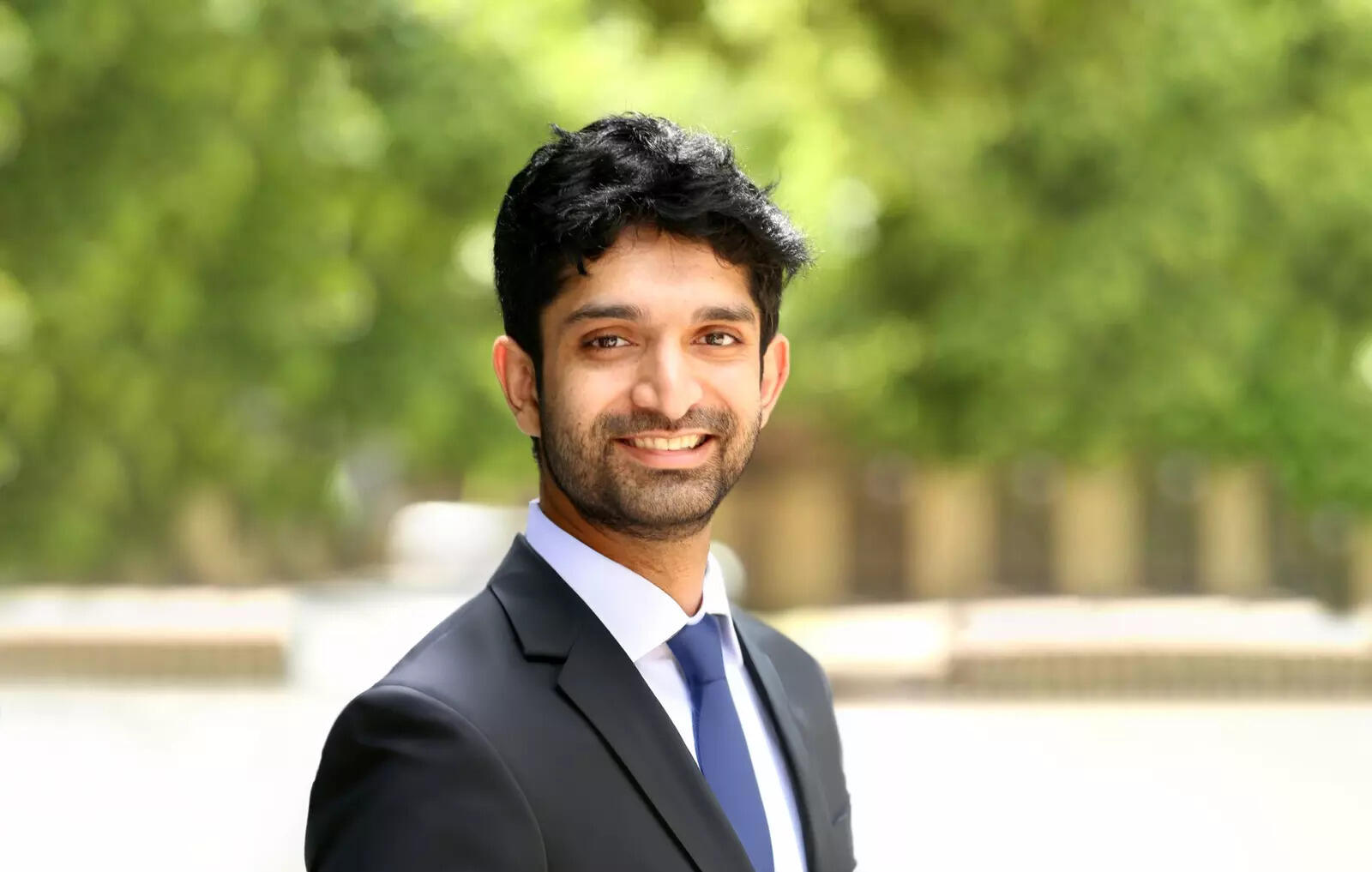
The Impact of AI on the Future of Engineering, ETEducation

By Er Koneru Lakshman Havish
The fourth industrial revolution is advancing quickly, with artificial intelligence (AI) quickly changing everything we do, including the field of engineering. The picture of engineers solely as designers or creators of physical infrastructure or systems is rapidly changing what engineers will do over the next ten years. Not only do engineers need to become comfortable with new tools, they need to feel comfortable with a different way of identifying problems, making decisions, and creating new ideas. AI is going beyond being a structuring option in the engineering toolbox and moving toward being the framework for modern engineering practice.
Designing and optimizing systems has typically involved engineers using deterministic models and physical laws. In a world defined by growing data and machine learning, this world is rapidly shifting to data-driven decision making. AI models have the capacity to identify patterns and optimize solutions at a scale and speed that are beyond human’s current capacity. Engineers, when working with AI models, will soon be expected not just to take advantage of these tools, but to engage with them as co-creators of systems.
One of the most transformative applications of AI in engineering is predictive analytics. In civil and structural engineering, AI-powered models can predict when infrastructure like bridges or buildings might fail, allowing for timely maintenance and reducing safety risks. In mechanical engineering, AI can optimize the design of engines or manufacturing processes by running millions of simulations faster than any team of humans could. These tools don’t replace engineers but rather elevate their capabilities, enabling them to focus on creativity and innovation instead of repetitive tasks.
Predictive analytics is one of the most powerful forms of AI for engineering. In the fields of civil and structural engineering, AI-based models can predict when a piece of infrastructure – such as a bridge or a building – may fail, allowing for appropriate maintenance to occur and safety risks to be minimized. In mechanical engineering, AI can run millions of simulations at the speed of light, optimizing the design of engines, manufacturing processes, etc., in a way that no team of humans could even contemplate. AI is not replacing engineers; rather it’s elevating engineers to focus on the creative and innovative aspects of doing their job, not the rote aspects or repetitive nature of their work.Automation and robotics are also changing the idea of what it means to “build.” Engineers are programming robots to accomplish tasks that were once considered manual: from bricklaying and welding to assembling microchips. AI-enabled automation is increasing productivity while forcing engineers to think beyond hardware. Making intelligent, adaptive systems that learn and change over time is a new context for engineers.
In addition, artificial intelligence enables sustainability to be improved in engineering. From using AI to optimize energy use in smart buildings to monitoring water through remotely managed hydraulic control of water systems, engineers will be able to use AI to develop solutions that are greener and more effective. Now that climate has shifted from a fringe issue to a fundamental issue of global development, engineers have a large responsibility to construct technologies that reduce the environmental footprint, and AI will be an important weapon in their arsenal.
However, this change also has ethical and social challenges. Engineers will have to deal with more questions like: How do we make sure AI systems are fair? Who is liable when an autonomous system goes wrong? How do we create transparent and explainable AI models in safety-critical domains such as transportation or health care? The engineers of the future must be not only technically sound but also ethically responsible and socially aware.
To summarize, the function of engineers is changing from builders to orchestrators of intelligent systems. AI is not replacing engineers, it is fundamentally changing the role of engineers. In ten years, successful engineers will not just have technical knowledge but also create systems and solutions that are adaptive, allow for cross-domain working, and enable engineers to work symbiotically with AI. As the differentiation between engineering, data science, and design becomes even more unclear, the most successful engineers will be those who can weave together these areas to tackle complex, global challenges.
The future of engineering is intelligent, adaptive, and fundamentally human — AI is the transformative force accelerating that change.
Er. Koneru Lakshman Havish is the Vice-President of the KL Deemed to be University.
DISCLAIMER: The views expressed are solely of the author and ETEDUCATION does not necessarily subscribe to it. ETEDUCATION will not be responsible for any damage caused to any person or organisation directly or indirectly.
Source link



